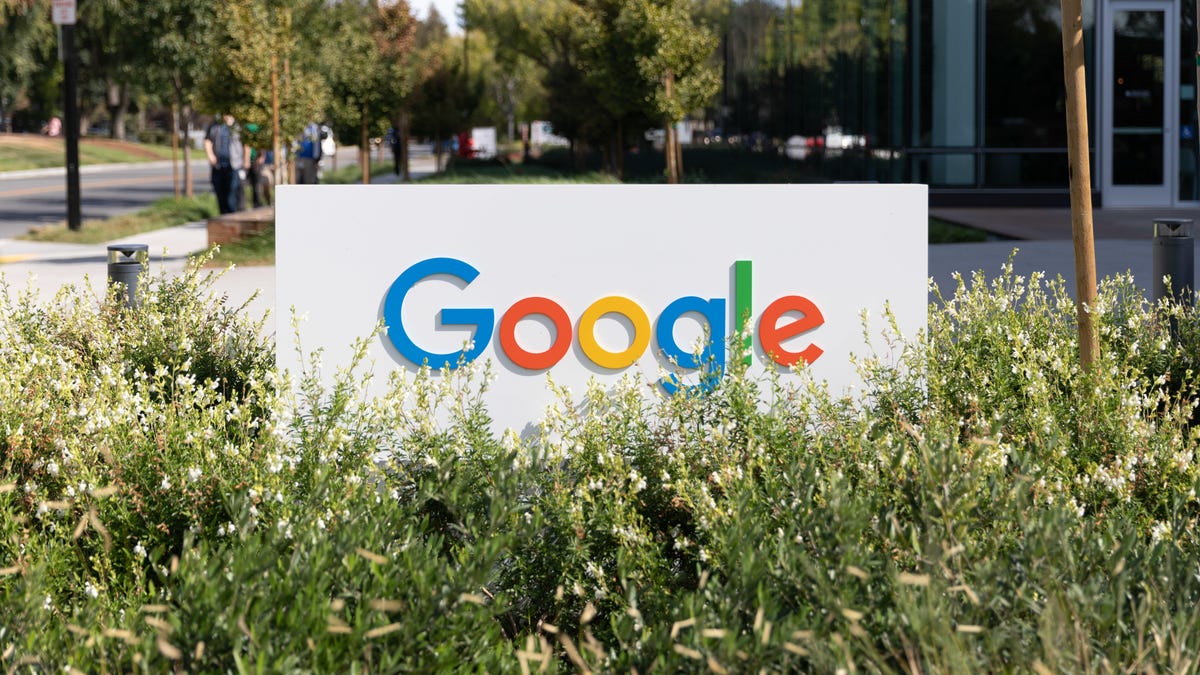Google's privacy push draws DOJ scrutiny, report says
Justice Department investigators are reportedly concerned about the search giant's moves to phase out third-party cookies.

Google's search and targeted advertising business has come under increasing scrutiny.
Upcoming privacy changes to Google's Chrome browser have reportedly caught the attention of the Justice Department, raising possible antitrust concerns. DOJ investigators have been asking ad industry executives whether Google's decision to phase out third-party cookies in Chrome could hobble smaller rivals, according to a report Thursday from Reuters.
Last year, Google said it will gradually remove third-party cookies, little bits of code that can let advertisers track user history across the web. The move is part of the search giant's push toward a "privacy sandbox," which is designed to let publishers target ads based on people's interests without infringing on privacy. Earlier this month, Google said it would stop selling ads based on a person's individual browsing across websites.
Investigators for the Department of Justice, which has been looking into Google's search and ad business for more than a year, are asking whether the company is using Chrome to "reduce competition by preventing rival ad companies from tracking users through cookies while leaving loopholes for it to gather data with cookies, analytics tools and other sources," reported Reuters, citing unnamed sources.
Google's privacy changes won't apply to "first party" data -- which companies collect directly from consumers -- including the search giant's own products, like Gmail, YouTube and Chrome. The changes also only apply to websites and not mobile phones.
"People want their information to stay private as they browse the web," said a Google spokesperson in an emailed statement on Thursday. "That's why we're working in partnership with the industry through Privacy Sandbox on privacy-preserving alternatives to third-party cookies that support the free and open internet. And as we've said, we will not replace third-party cookies with alternative methods to track individual people across the web."
Google's search and targeted advertising businesses have come under increasing scrutiny by lawmakers as well as state and federal prosecutors. The tech giant faces three major antitrust lawsuits, including a case by the Department of Justice and another complaint by a bipartisan coalition of states.
The Department of Justice declined to comment.

